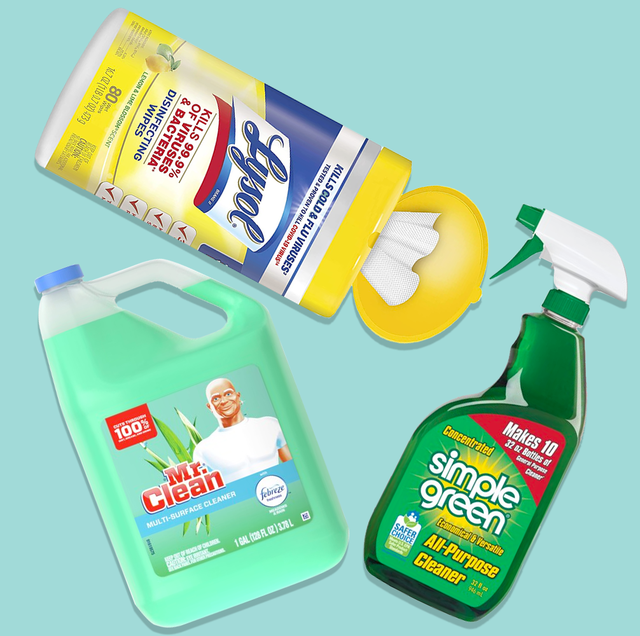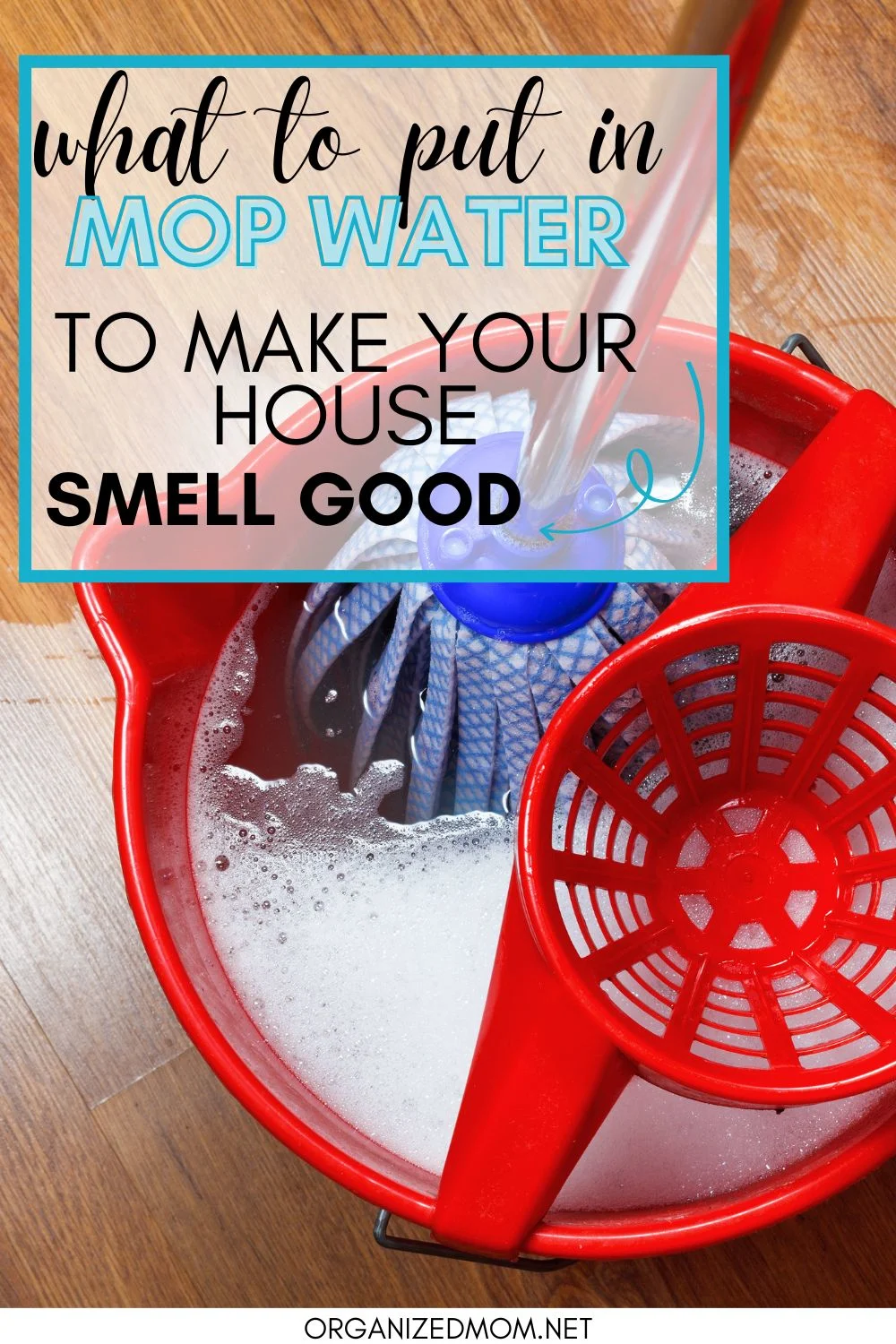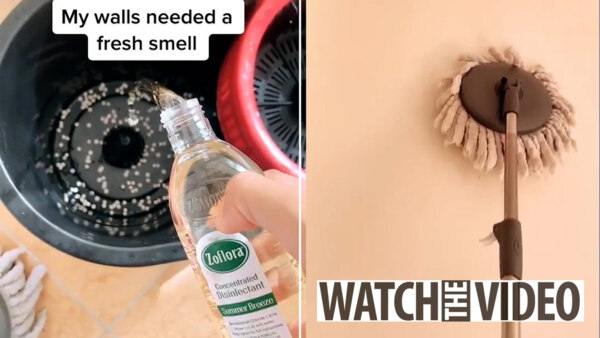Yes, cleaning walls can improve the smell of a house as it removes dust, dirt, and odors. This process can freshen up a home’s interior significantly.
Every homeowner knows that a clean house is a happy house, and the freshness of your home dramatically affects its ambience. Keeping walls spotless not only enhances the visual appeal but also contributes to a better-scented living space. Over time, walls accumulate a variety of pollutants such as dust, smoke, and cooking odors, which can lead to a stale and unpleasant smell.
Regular cleaning of these surfaces removes these unwanted particles, thus eliminating the hidden sources of bad odor. Embracing this aspect of home maintenance can transform your living environment, making it more inviting and comfortable for residents and guests alike. It is a simple yet effective step towards maintaining an overall fresher home.
Introduction To Household Odors And Wall Cleaning
Clean walls can brighten a room and freshen the air. Over time, your home may start to smell musty or stale. This is not just from everyday use but also from odors that cling to surfaces, like your walls. Cleaning your walls can make a huge difference in the overall aroma of your house.
Understanding Household Odors: Sources And Perceptions
Odors in your home come from many sources. Cooking, pets, smoke, and mold create smells. Different people react to these smells in various ways. What might be pleasant to one person could bother another. It’s important to tackle these odors for a fresh-smelling home.
The Role Of Walls In Home Odor Dynamics
Walls can trap odors, affecting how your home smells. They absorb cooking vapors, smoke, and more. Cleaning walls regularly helps eliminate these trapped odors. This can make your house smell better. Fresher walls contribute to a cleaner-feeling home.
The Science Of Wall Cleanliness And Odors
It may not be obvious, but walls do affect how our homes smell. Understanding the relationship between wall cleanliness and household odors can lead to a fresher and more inviting home.
How Wall Surfaces Absorb And Retain Odors
Various factors contribute to odor retention on wall surfaces. Porous materials such as wallpaper or paint can trap particles that carry smells. Over time, these trapped particles can lead to a lingering odor that’s hard to eliminate.
- Cigarette smoke can yellow walls and leave a strong scent.
- Cooking aromas can permeate paint and wallpaper.
- Moisture problems can cause mold and mildew, leading to musty odors.
The Impact Of Cleaning Agents On Wall Odors
Using the right cleaning agents can make a significant difference in reducing wall odors. Some products not only clean but also neutralize odors at the source.
| Cleaning Agent | Odor Impact |
|---|---|
| Vinegar | Neutralizes odors |
| Baking soda | Absorbs bad smells |
| Bleach | Disinfects and reduces mold odors |
Regular cleaning with these agents can minimize odor buildup. Ventilating rooms during and after the cleaning process also helps odors dissipate, leaving your home smelling fresh and clean.
Benefits Of Cleaning Walls For Odor Management
Cleaning walls does more than just improve aesthetics. It’s a key step in maintaining a fresh-smelling home. Many homeowners overlook walls when addressing household odors. Yet, these surfaces collect dust, dirt, and oils that can contribute to a musty or unpleasant smell. Let’s uncover how cleaning your walls can actually enhance your home’s overall scent.
Eliminating Odor-causing Particles And Residues
Walls trap various odor-causing particles. Smoke, pet dander, and cooking residue cling to wall surfaces. By cleaning these areas, we remove the microscopic culprits behind many household odors. Here’s why wall cleaning matters:
- Kitchen walls: Grease and food particles contribute to lingering smells.
- Living areas: Smoke and pet odors get absorbed by wall paint and wallpaper.
- Bathrooms: Moisture creates a breeding ground for mildew, causing musty odors.
Regular wall cleaning breaks down these residues. By doing so, it refreshes your living space.
Preventive Measures: Regular Cleaning To Deter Odor Buildup
Consistent cleaning acts as a preventive measure against odor buildup. Establishing a cleaning schedule keeps walls from harboring foul smells. Consider these tips:
| Room | Cleaning Frequency | Recommended Products |
|---|---|---|
| Kitchen | Monthly | Mild soapy water or degreaser |
| Living Areas | Every 3-6 months | Gentle cleaning spray |
| Bathrooms | Monthly | Anti-mold solution |
By adhering to a cleaning routine, you reduce the need for deep cleans. You also keep odors away. This practice preserves your home’s freshness and makes it more welcoming.

Credit: www.goodhousekeeping.com
Techniques For Effective Wall Cleaning
Did you know walls can trap odors? Yes, that’s right! Cleaning walls can refresh your home’s ambiance and eliminate lingering smells. Dirty walls often harbor scents from cooking, smoke, pets, and more. By embracing the right techniques for wall cleaning, you can say goodbye to unwanted odors. Let’s dive into effective methods to cleanse your walls and make your house smell better.
Choosing The Right Cleaning Supplies And Equipment
Selecting the appropriate cleaners and tools is crucial for effective wall cleaning.
- Gentle, non-toxic cleaning solutions are crucial for maintaining both your health and wall quality.
- Microfiber cloths and sponges ensure a scratch-free clean.
- For textured surfaces, a soft-bristled brush can reach into nooks and crannies.
- A bucket of warm water serves as a base for your cleaning mixture.
- Protective gloves defend your skin from harsh chemicals.
Step-by-step Guide To Cleaning Walls For Odor Elimination
Follow this simple guide to effectively clean walls and remove odors:
- Start by dusting the walls to remove loose dirt.
- Mix your cleaning solution with warm water in your bucket.
- Test the solution on a small, inconspicuous wall area.
- Dip a cloth or sponge into the mixture, wring out the excess.
- Gently scrub the walls in a circular motion, working from top to bottom.
- For stubborn spots, use the soft-bristled brush with gentle pressure.
- Rinse the walls with a damp cloth using clean water.
- Dry the walls with a soft, dry towel or allow them to air dry.
Regular wall cleaning not only improves your home’s smell but also extends the life of your paint and wall coverings. Embrace these techniques to ensure a fresh and clean-smelling home.
Natural Solutions For Deodorizing Walls
Natural Solutions for Deodorizing Walls often provide a dual benefit. They not only help to clean effectively but also infuse your home with a pleasant, non-toxic scent. Unlike commercial products, natural deodorizers can be just as effective and are perfect for those seeking an eco-friendly way to refresh their living space.
Homemade Cleaners And Natural Deodorizers
Nature offers a bounty of ingredients that can help in the fight against odorous walls.
- Vinegar: A versatile cleaner, effective in neutralizing odors.
- Baking soda: Known for its deodorizing properties.
- Lemon juice: Acts as a natural disinfectant and leaves a fresh scent.
For a simple DIY solution, mix equal parts water and vinegar in a spray bottle. Add a squeeze of lemon juice. Spray this mixture lightly on walls and wipe down with a clean cloth. For tougher smells, apply a baking soda and water paste, let it sit, then scrub gently.
The Role Of Ventilation In Enhancing Wall Deodorization
Proper airflow is crucial for preventing and eliminating wall odors.
Opening windows creates a cross-breeze that removes stale air. Use fans to increase circulation. This natural air exchange is not only refreshing; it aids in drying walls after cleaning, which is vital to prevent mildew growth.
Addressing Persistent Odors Beyond Wall Cleaning
Cleaning walls can indeed refresh your home and eliminate surface odors. But what happens when the smell lingers even after a good scrub? In this post, we’ll dive into the steps you can take to tackle persisting unpleasant odors that refuse to leave, even after your walls are spotless.
When To Seek Professional Cleaning Services
Sometimes, regular cleaning might not cut it. Professionals have specialized tools and knowledge to deep clean and neutralize odors at their source. Consider hiring experts when:
- You’ve tried everything, but the bad smell remains.
- The scent is getting stronger over time.
- You notice signs of mold or mildew.
- The house has experienced smoke or water damage.
Identifying And Remedying The Underlying Causes Of Bad Odors
Directing focus towards the root causes of unpleasant smells is vital. Begin with these steps:
- Locate the source of the smell.
- Check for dampness, leaks, or hidden mold growth.
- Inspect areas where trash, food, or spills might have been overlooked.
- Ensure good ventilation throughout the house.
Regular maintenance prevents odors from settling in the first place. Change filters, clean fabrics, and disinfect trash cans consistently. Remember, a scent-free home makes for a fresher, more pleasant living space.
Preventative Strategies To Keep Walls Smelling Fresh
Does cleaning walls help your house smell better? A fresh-smelling home starts with clean walls. Over time, walls can trap odors. To keep your home smelling great, try these strategies. Strive for walls that smell as fresh as they look.
Paints And Finishes That Resist Odors
Certain paints and finishes can fight odors. They prevent smells from sticking. Below are paint types to consider:
- Zero VOC Paint: Low in volatile organic compounds.
- Latex Paint: Resistant to mildew, which helps reduce odors.
- Specially Formulated Paint: Neutralizes odors continuously.
Think about these options when updating your walls.
Lifestyle Changes To Reduce Indoor Odors
Small changes in habits can keep your walls from smelling bad. Consider these changes:
- Regular Cleaning: Wipe walls with a mild detergent.
- Proper Ventilation: Keep air moving with fans or open windows.
- No Smoking Inside: Smoke sticks to walls and causes odors.
Implement these practices to fight against unpleasant smells.

Credit: www.organizedmom.net
Conclusion And Best Practices
Let’s wrap up our discussion on whether wall cleaning leads to a fresher-smelling house. We’ll also go through some critical tips guaranteed to maintain that welcoming scent in your space.
Summarizing The Effectiveness Of Wall Cleaning On Odor Improvement
Cleaning walls can indeed transform your home’s scent. Over time, walls absorb odors from cooking, smoke, and pets. A thorough scrub removes these trapped smells. Regular wall cleaning clears out the microscopic culprits behind bad odors. As a result, it freshens up the entire room.
Best Practices For Maintaining A Fresh-smelling Home
To keep your home smelling great, follow these best practices:
- Ventilate rooms regularly to reduce moisture and prevent odor buildup.
- Use gentle, fragrance-free cleaners to avoid harsh chemical smells.
- Wipe walls with a damp cloth to remove surface scents weekly.
- Deep clean your walls every few months to tackle tougher smells.
- Add air-purifying plants to naturally keep the air fresh.
By implementing these strategies, you’ll ensure your home stays odor-free and welcoming for everyone.
| Task | Frequency | Tips |
|---|---|---|
| Regular Ventilation | Daily | Open windows for at least 30 minutes. |
| Wall Wiping | Weekly | Damp cloth with mild cleaner. |
| Deep Cleaning Walls | Every 3-6 Months | Use a sponge and gentle detergent. |
Employing these simple steps will have a significant impact on maintaining a clean, fresh, and odor-free atmosphere in your home.
:max_bytes(150000):strip_icc()/how-to-remove-smoke-smells-from-house-2000-c81c77af61814cf9a5a2aba926c8ddbb.jpg)
Credit: www.realsimple.com
Frequently Asked Questions For Does Cleaning Walls Make House Smell Better
Does Cleaning Walls Help With Smell?
Yes, cleaning walls can effectively reduce odors as it removes accumulated dirt, grime, and smoke residues that may cause smells.
How Do You Get The Smell Out Of Painted Walls?
To remove odors from painted walls, wash them with a mixture of water and a gentle, non-abrasive cleaner. Rinse with clean water and dry thoroughly. If the smell persists, consider using an odor-sealing primer before repainting.
Are You Supposed To Clean The Walls Of Your House?
Yes, cleaning the walls of your house is necessary. It removes dust, dirt, and allergens, refreshing your space and maintaining the paint and wallpaper quality. Regular cleaning also helps in identifying any maintenance needs early.
How Do I Keep My House Smelling Good All The Time?
Ensure regular cleaning to eliminate odors. Use scented candles, essential oil diffusers, or automatic air fresheners for continuous fragrance. Open windows often to circulate fresh air. Consider keeping indoor plants for natural air purification. Empty trash bins regularly to avoid lingering smells.
Conclusion
Clean walls do indeed impact a home’s aroma positively. This simple task freshens spaces and diminishes lingering odors. Regular upkeep not only promotes a pleasant scent but also elevates your living environment. It’s clear that a clean wall goes a long way in maintaining a fragrant, inviting household.

